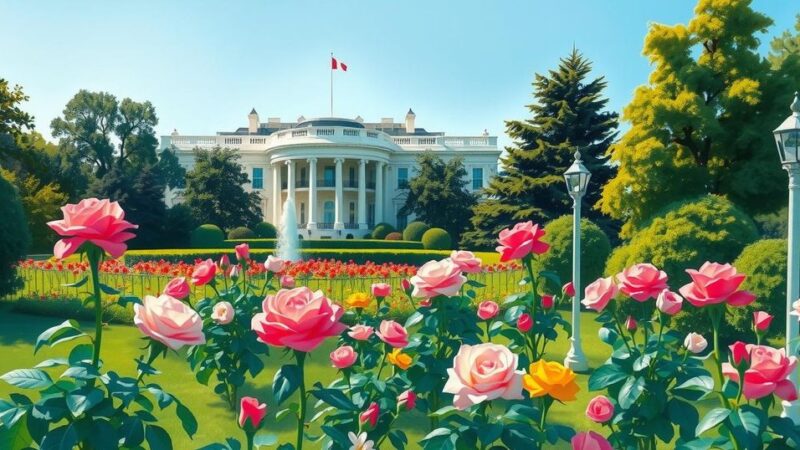Adana Omágua Kambeba is an Indigenous Brazilian woman on a mission to blend Western medicine with traditional shamanic practices. Her journey, marked by resilience against prejudice, culminates in her pursuit of becoming both a medical doctor and a pajé, or spiritual leader. Through her upcoming expedition along the Amazon, she aims to provide healthcare and support for her community while advocating for the recognition of Indigenous medicinal practices in contemporary discussions.
Adana Omágua Kambeba, a Brazilian Indigenous woman, began her unique journey as a healer in her childhood when adults sought her advice. This innate connection to nature and spirit led her to realize her calling as both a doctor and a shaman of the Kambeba group, an Indigenous community in the Amazon. Adana reflects, “She saw strong signs in me. These signs have always led me to believe I didn’t choose medicine, I was chosen by it.”
Despite her father’s initial disapproval, Adana resolved to pursue her dream, embodying determination from an early age. Her journey was marked by a commitment to integrate Indigenous healing practices with Western medicine. As a member of a generation benefitting from affirmative action policies, she was among the first Indigenous individuals to attend a prestigious university, overcoming prejudice and isolation in her academic environment. “I learned first-hand that prejudice can be covert. It can come with a smile,” she shares.
Adana faced significant challenges at the Federal University of Minas Gerais, where she balanced rigorous medical training with respect for her personal rhythm. Despite almost burning out in 2017, she felt reassured through messages from within, guiding her mission to serve both as a physician and a spiritual healer. Following her graduation in March 2022, she embraced a dual role, conducting health workshops while continuing her shamanic training.
In her upcoming expedition along the Amazon River, Adana aims to provide medical care and educate Kambeba communities on critical healthcare issues such as suicide prevention and child protection. She also intends to undertake shamanic trials to solidify her standing as a pajé, performing rituals for her community. Adana remarked, “Experiencing revelations under the influence of ayahuasca is profoundly powerful, and there I will prove if I am worthy or not.”
Engaging in public speaking, Adana advocates for the acknowledgment of traditional Indigenous medicinal practices amidst a resurgence of interest in psychedelics. At a conference in Rio de Janeiro, she emphasized the importance of Indigenous voices in discussions surrounding their ancestral knowledge, asserting, “Indigenous people are not invited to the conversation, and nature is seen as if it were here to serve us. It is not.”
Brazil’s public healthcare system has provisions for Indigenous communities, yet challenges persist in reconciling Indigenous beliefs with biomedical practices. As Dr. Luiza Garnelo states, the integration of Indigenous healthcare workers remains complicated, often placing them in lower roles despite their knowledge. Adana serves as an essential mediator, illustrating how the intersection of her dual training allows for effective communication between doctors and Indigenous families.
In her efforts to reconcile these practices, Adana successfully navigated a crisis involving an Indigenous child needing urgent care. Her dual identity as a doctor and aspiring pajé allowed her to connect with both the family and medical staff, resulting in the child’s treatment. Looking to the future, she envisions a celebration harmonizing both pathways, acknowledging the roles of doctors and shamans in preserving life and culture.
Adana Omágua Kambeba exemplifies the extraordinary integration of Western medicine and Indigenous healing practices. Her journey not only highlights the challenges faced by Indigenous individuals in academia and healthcare but also emphasizes the importance of inclusivity and respect for diverse medicinal traditions. By bridging these worlds, she aims to foster understanding, support Indigenous communities, and pave the way for future health practitioners. Adana’s mission underscores a vital commitment to healing, both physically and spiritually, within her cultural context.
Original Source: www.theguardian.com






